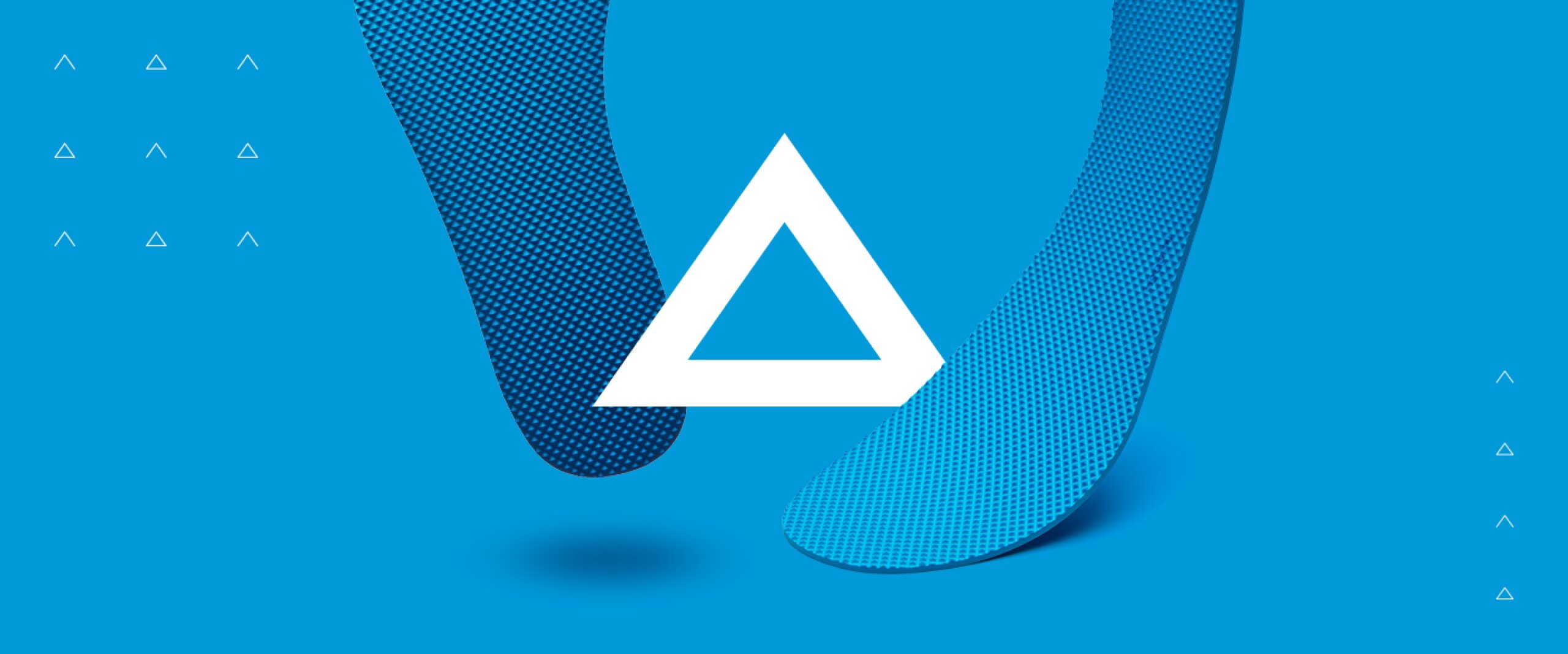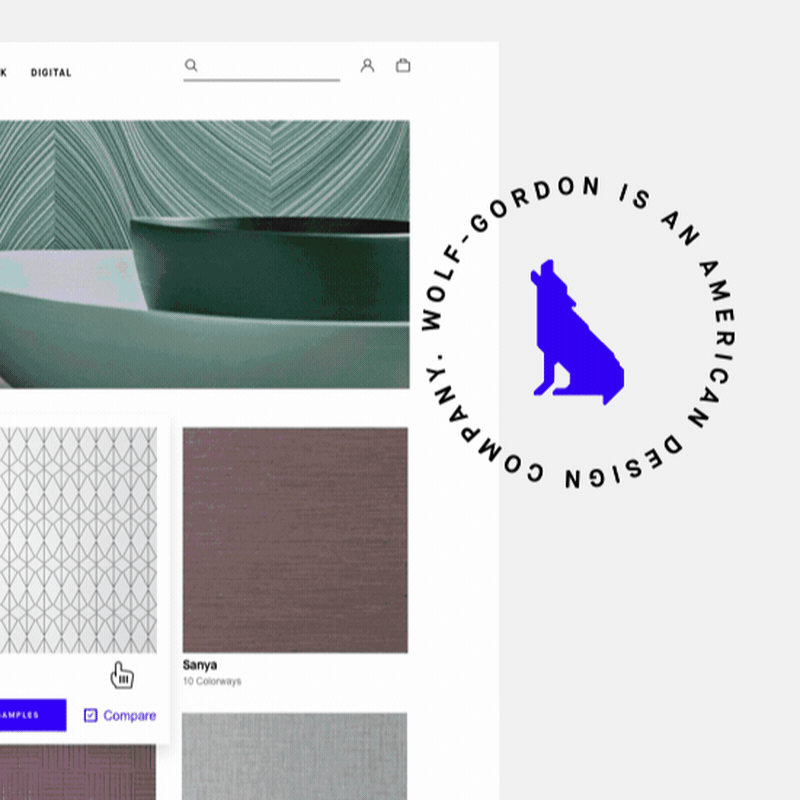Removing Friction in a Fragmented Crypto World to Win with Design Thinking

When it comes to distributive technologies there are winners and losers. But why is that?
Throughout this blog, I will look to shine some light on why I believe this to be true. And how you can proactively start to apply some of this thinking to your business.
When it comes to Crypto, those who emerge victorious, often do one thing very well — they remove friction (hint: it is not just in Crypto; Netflix, Uber, you get the idea). Less friction means more ease of use. The one sure-fire way to remove friction is to focus on design.
Design driven companies outperform the S&P 500. The companies that make things seamless for their users rise to the top. Crypto and blockchain technology is the biggest disruptive technology since the internet. With over 6,500 crypto currencies, the category is fragmented. This fragmentation creates opportunity. Or, as we like to say at Digital Surgeons, some “open space.” And it is that open space (e.g. security, cashing out) that creates opportunity.
RELATED: Why Digital Real Estate is the Best Investment You Can Make
Arculus
One of the hottest topics in crypto is security. The most popular method of crypto-robbery is the infiltration of crypto-exchanges and wallets. We will see over $3 billion stolen by hackers in 2021. Arculus is a cold storage crypto solution built to maximize security, but also streamline transactions. The majority of crypto wallets are hot wallets which are connected to the internet and are vulnerable to online attacks. But, hot wallets make it easier to trade or spend crypto. A cold wallet is not connected to the internet (air gapped) so it is very secure, but much less convenient for transactions. Typically you need to connect these devices via USB to access and exchange your crypto funds. Arculus is changing that.
Adam Lowe, the Chief Innovation Officer at Arculus (a CompoSecure company), explains, “for everyone to feel comfortable using crypto it needs to overcome two main obstacles; outside security threats and complex management tools.” Arculus ushers in a new phase of cold storage technology by using three factor authentication and placing the device in the palm of your hand in the form of a credit card. Arculus’ three factor authentication uses something you are (fingerprint/ facial recognition), something you know (6 digit pin), and something you have (Arculus key card). To complete authentication users tap the card to the back of their phones. Arculus gives users the security of a cold wallet with the ease of use of a hot wallet. The design and technology that Arculus presents is a differentiating factor and the product’s design specifically addresses the job to be done of keeping your crypto safe. Arculus is a great example of design not always needing to be creative. The company’s tag line, “Simple. Safe. Secure” rings true. By removing friction and making a user friendly product, Arculus has set a new standard in crypto cold storage.
Want to remove friction for your brand? ThinkFwd is our technology and innovation incubator community with 30+ FREE toolkits. You will quickly see some low-effort high-impact strategies to remove the friction in your business.
Audius
Lets get back to the soup-du-de-jeur, and talk about a decentralized music streaming platform, Audius. Founder and CEO Roneil Rumburg, explains that while Audius runs on the ethereum blockchain “users don't need to know anything about blockchain tech, nor do I want them to.” Audius’ tech rides totally in the background. To use the dapp (decentralized app running on a blockchain) all you have to do is signup. Once registered you can begin listening and interacting with artists. Artists have the ability to upload unfinished works and test new mixes with the goal of getting feedback and input from their fans. Best of all, Audius cuts out the middleman, meaning artists don't need to sign with any record labels or play any licensing games to get on the platform. Audius has removed friction by creating a seamless onboarding experience for both the artists and fans. The ability to register and be listening, uploading tracks, or interacting with fans instantly is a differentiator (all other streaming platforms require payment).
Rumburg highlights that “the artist fan interaction” is what they are after. By utilizing the ethereum blockchain the entire product is by the community. The Ethereum blockchain also creates complete transparency on the pieces artists own. Rumberg explains,”if we dropped everything and left, the Audius platform would continue to function.” (The blockchain enables users to edit and update the platform through different protocols. Users acquire Audius tokens to have more influence on the direction of the platform.) The ease of use and removal of friction is what has made Audius a hit. It already has 6M users and has many big name artists such as Skrillex, Steve Aoki, and Alina Baraz using the platform. Through its innovative design and use of blockchain technology Audius gives everyone the freedom to distribute, monetize and stream audio. Going forward Audius will be one to watch in the music streaming wars.
Watch Rumburg’s Mainnet interview here
OpenSea
OpenSea has emerged as the front runner in the NFT exchange race (look out, CoinBase is hot on your heels). OpenSea was the first player in this space, coming online in 2017. Their tech is very good, but it's their design that stands above any of the other platforms. OpenSea’s CEO Devin Finzer explains that OpenSea wants to be the “Amazon or Ebay of the NFT space.” To stay on the forefront of this Finzer explains they are investing in better search, functionality, and overall exploration.
Finzer explains that there's a tremendous amount of friction in the crypto space. He hears the common complaint of “I tried to buy my first NFT, but it’s just too hard.” Finzer’s goal is to remove these barriers. OpenSea has worked hard to make the onboarding of newcomers easier. “We want to be the most trusted customer focused product. We have the highest degree of liquidity, the broadest set of assets, and are continuing to expand to other blockchains.”
With the NFT market so fragmented Finzer welcomes and encourages the competition. Finzer explains, “Competition is healthy as it helps lift all the players. A bit of a rising tide lifts all boats type of thing.” The NFT exchanges that allow users to get signed up and buy/trade quickly will continue to rise to the top. OpenSea has 11 + different wallet integrations, making it quick to get up and running. Finzer’s OpenSea is the current incumbent, time will tell if they can slide along the innovation adoption lifecycle from early adopter to early majority status.
Watch Finzer’s Mainnet interview here
Rally
Lastly, I want to point out an organization targeting non-native crypto creators and their fans. Chris Fortin of Rally explains that Rally is a platform for creators and their communities to build their own independent digital economies. Okay, so what does that mean? Ultimately, creators (artists, musicians, gamers, athletes, etc.) enter the platform and build their own digital economy (think Esty, Pateron, Twitch, etc. all rolled into one), independent from any specific platform (cuts out the middleman). Fans can then purchase (through tokens) curated experiences with creators. Through blockchain technology Rally gives power to the creators: no one can pull the rug out from under them.
Fortin explains the ease of use to get signed up, “Fans go on to the site and purchase creator tokens with a credit card, these tokens live in their profile. In reality the tokens live in a wallet on the blockchain but the fans don't need to know that.” This is a great example of crypto riding under the hood. Rally is small at the moment, but continuing to grow and gain traction demonstrating that users are engaging with crypto and blockchain technology without even knowing it. Fortin ends with my favorite quote, “by the time crypto makes it to skeptics it wont look like crypto any more.” Friction will be removed and all that is left will be a seamless user experience.
Watch Fortin’s Mainnet Interview here
Let's talk!
If you would like to learn more about how to enhance and incorporate design into your business, reach out to Digital Surgeons.


